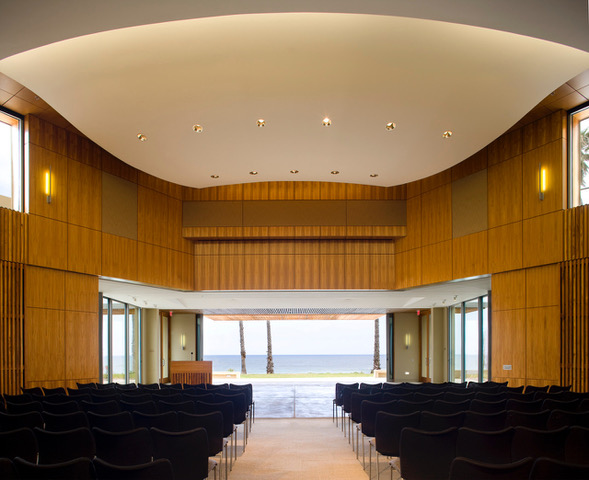
Institutional Seminar Series
(in person)
Thursday, May 30th, 2024
at Scripps Seaside Forum Auditorium
12 p.m. Talks begin w/ Q&A
Pizza to be served after, will have vegan and gluten free options
-------------------------
Title: The Three-Dimensionality of Atmospheric Rivers
Abstract: Satellites are above our heads. Most remote sensing of the atmosphere, surface, and ocean is based on downward looking sensors to provide a high resolution view of horizontally varying properties. In contrast, I use limb-sounding measurements, specifically Global Navigation Satellite System Radio Occultation, to capture atmospheric variations with high resolution in the vertical direction. This comes at the expense of horizontal resolution, so when studying Atmospheric Rivers, which bring extended duration rainfall to the west coast of the US, we are faced with a challenge. By their nature, Atmospheric Rivers are narrow focused streams of water vapor transport associated with frontal system convergence where atmospheric properties are highly variable in all three dimensions. When we initially developed the Airborne Radio Occultation technique, we showed that for the three-dimensional variations associated with frontal structures, it is not possible to ignore the horizontal averaging of the limb-sounding technique. Since then we have simultaneously advanced the operational measurement technique as well as sought to address the 3D challenges using a new approach in data assimilation. The resulting success has been a critical for exploiting the data in forecasting atmospheric rivers, and has led to insight into the predictability of their features.
Bio: Jennifer Haase is a geophysicist working in the areas of earthquake seismology and atmospheric science, with a common thread being the use of high precision GNSS technology. She joined SIO in 2012, after a faculty position at Purdue University, and prior to that, worked as a scientist in remote sensing at ACRI, a small research company in France. She completed a PhD at SIO and a postdoc at Caltech.
Title: LISTEN GoMex: An autonomous network for long-term ecosystem monitoring in the Gulf of Mexico
Abstract: In 2010, in the aftermath of the Deepwater Horizon oil spill, a small network of passive acoustic recording devices was deployed to document poorly understood impacts of the spill on offshore marine mammals. A decade later, this effort has revealed unprecedented impacts on the Gulf of Mexico ecosystem, including the twenty cetacean species inhabiting its oceanic waters. LISTEN GoMex, a decadal research collaboration between Scripps and NOAA, was initiated in 2020 to expand this network Gulf-wide and improve our understanding of the temporal and spatial distributions of these species, their relationships to the dynamic oceanography of the region, and to try to identify strategies for restoration of the offshore ecosystem. This talk will showcase some of the key discoveries of the project to date, including severe declines among offshore species, Gulf-wide occurrence of the highly endangered Rice’s whale, and impacts of human activities on the soundscape of our most industrialized marine region.
Bio: Kait Frasier is an assistant research scientist with the Marine Physical Laboratory. She is interested in the use of passive acoustic sensor networks to study the ecology of and human impacts on the deep ocean. Her research leverages computational solutions to address ecological conservation and restoration challenges.
*talks will not be recorded




